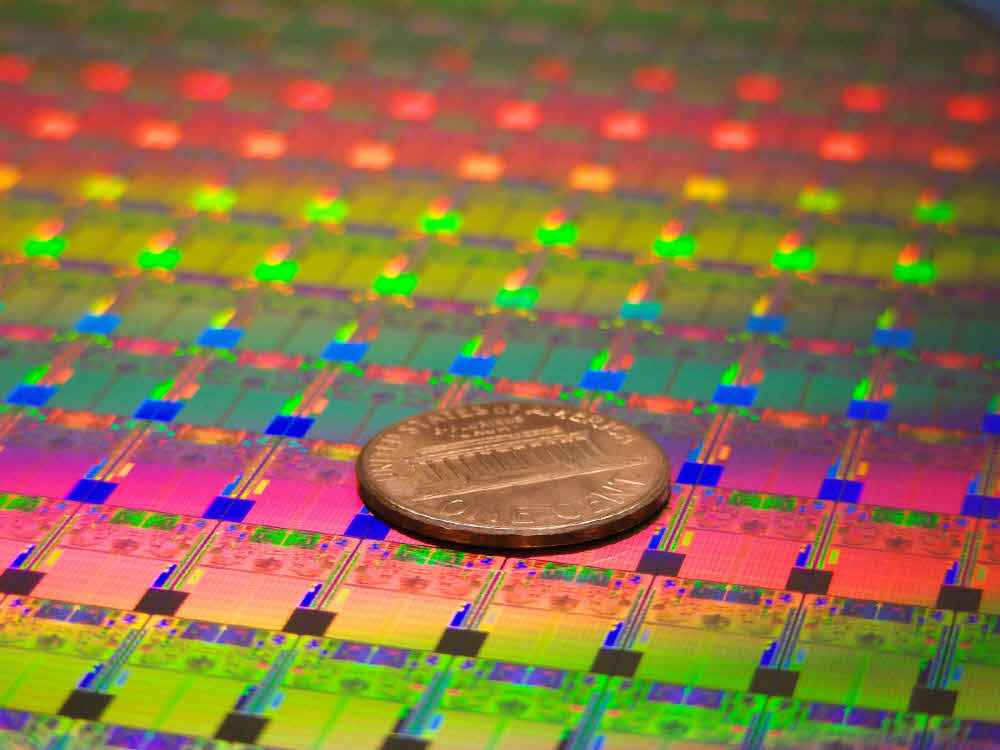
While the COVID-19 pandemic is seriously damaging the global economy, the economy is gradually recovering as the vaccine advances. However, it is said that the shortage of semiconductors, which is essential in many industrial fields, is causing production bottlenecks, and among them, automobiles are greatly affected.
Reportedly, from 2020, the global semiconductor shortage is affecting various fields. For example, due to the Corona 19 epidemic, remote work and remote education were introduced, which led to an increase in demand for laptops, but the lack of semiconductors made it difficult to purchase laptops. In addition, there was a problem in supplying high-end chip-equipped devices such as the PlayStation 5 and iPhone 12 and high-performance home appliances.
Factors in the semiconductor shortage include factory closures due to the pandemic, disruption in transportation due to global container shortages, and confrontation between China and the United States. One analyst has never seen such a serious shortage of semiconductors over the past 30 years and expects it will not recover easily.
The automotive industry is a field that has been greatly affected by a series of semiconductor shortages. As automobiles equipped with advanced electronic control devices increase, the relationship between the semiconductor and the automobile industry is increasing, and the share of semiconductors in automobile production costs is increasing every year. According to market research firm IHS Market, the cost of semiconductors accounted for in cars produced in 2000 was 18%, but it is said to reach 40% by 2020.
Semiconductors used in automobiles are inexpensive and do not compete directly, unlike computers or game consoles. However, a company that manufactures low-priced semiconductors is realigning its main semiconductor factory lines that are installed in home appliances, which have higher profits than automobiles.
For cars that cannot use semiconductors, measures are being taken, such as adjusting staff movements and temporarily closing factories. Ford, GM, Fiat Chrysler, Volkswagen, and Honda are said to have been greatly influenced. Toyota is also expected to cut production from April to May 2021 due to the fire at the Renaissance Technology plant, a semiconductor conglomerate, that occurred in March 2021.
In order to reduce the impact of automakers in the aftermath of a shortage of semiconductors, it is assigned preferentially to pickup trucks or SUVs with high demand for semiconductors. In addition, it is said that it is converting to a method of producing only the vehicle body without some semiconductors such as Ford and GM, and then integrated production of chips. According to IHS market estimates, due to shortage of semiconductors, the number of automobile production in North America from January to March 2021 decreased by 100,000, and vehicle inventory is rapidly decreasing.
In order for semiconductor manufacturers to keep up with the demand for the automobile industry, it is expected that it must be July 2021 at the earliest. GM is expected to lose up to $2 billion in pretax profits due to production and sales losses due to a shortage of semiconductors. The automotive industry as a whole is estimated to lose $60 billion in sales in the first half of 2021 alone.
Amid the continuing global shortage of semiconductors, semiconductor companies are also moving to resolve the situation. Taiwan TSMC announced an investment of $100 billion over the next three years to strengthen the plant’s capabilities. In a statement, TSMC said in a statement that huge trends such as 5G and high-performance computing are expected to stimulate demand for semiconductor technology over the past few years.
In addition, Intel is expressing its plan to focus on producing not only its own product semiconductors but also partner chips by investing $20 billion in two production bases located in Arizona, USA. Just because a semiconductor company aims to increase production capacity does not mean that semiconductor production will increase immediately. Therefore, for the foreseeable future, semiconductor demand is expected to continue to exceed supply. Related information can be found here.

















Add comment